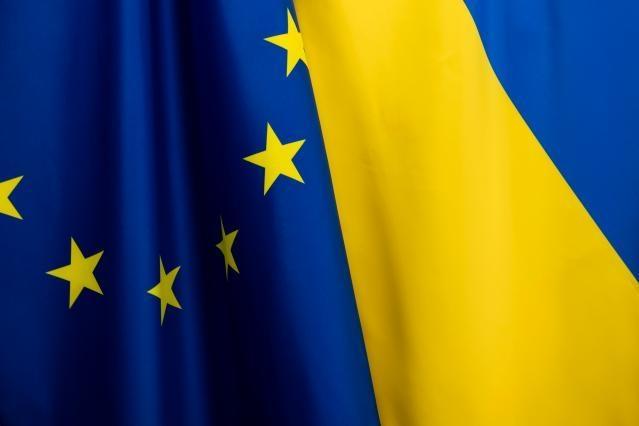
It will provide Member States' authorities with guidance and practical advice to ensure a quick, fair and flexible recognition process.
As a result of the unprovoked Russian military aggression and invasion, over 4 million people fleeing the war and seeking protection, have arrived in the EU. After addressing their immediate needs, such as shelter and healthcare, it is vital for the well-being of refugees and their integration in the host countries that they have, amongst other rights, access to jobs they are qualified for.
Commissioner Thierry Breton, responsible for the Internal Market, said: “The right to access the labour market is a key aspect of temporary protection. With this recommendation, we are taking a crucial step towards making it more effective. It will help those fleeing the war find a path to meaningful employment, while facilitating their integration. A simple and more harmonised approach to the recognition of qualifications allows to leverage the solidarity power of the Single Market and open opportunities across the entire EU to those in need.”
To support Member States in the quick, fair and flexible recognition of qualifications, the Commission has taken a number of actions, including:
- At the request of the Commission, the European Training Foundation has created a resource hub on Ukrainian qualifications where information can be shared. Comprehensive information sharing and transparency between Member States will be key to enable fast track procedures.
- To facilitate dealing with the language barrier, the eTranslation tool developed by the Commission has been adapted to meet the demand for quick and reliable translation from Ukrainian. Translation from Russian is also possible and can be useful, given that many professionals in Ukraine obtained their diplomas in Russian.
- People fleeing Russia's invasion of Ukraine may have been forced to leave without their original documentation of qualifications. This requires a flexible approach on how to assess recognition applications in such a case, including the option of reissuing diplomas in a digital format.
Experience shows that refugees often work below their qualification level and are at risk of poor working conditions. This is especially the case for women, who represent a high proportion of the refugees. Providing a simple and rapid qualifications recognition mechanism contributes strongly to avoiding that. It ensures that people granted temporary protection can work in jobs they are qualified for. The recommendation addresses the access of those fleeing the war to regulated professions, which include nurses, general practitioners and – depending on the Member State – teachers and educational staff. With the inflow of people fleeing war, there is a greater need for those professions, as refugees need access to healthcare, childcare and education – often in their own language. Facilitating the recognition of academic and professional qualifications can therefore help ensure that incoming professionals can work quickly and support their compatriots. It also ensures people gain relevant experience and skills during their period of temporary protection, which adds value to their qualifications when returning to the home country.
Next Steps
The Commission will closely monitor and follow up these recommendations. A dedicated group with the participation of all Member States has already had a first meeting and will continue to meet regularly to discuss the implementation of the recommendations and share challenges and best practices, with a view to speeding up the process and avoiding duplication. Relevant Ukrainian authorities will be invited to participate in these meetings as well.
Background
This recommendation follows the Commission's first response to ensure the early integration of those fleeing the war outlined in the Communication “Welcoming those Fleeing War in Ukraine: Readying Europe to Meet the Needs”. The recommendation also builds on the Commission's Action Plan on Integration and Inclusion 2021-2027 which recognises that facilitating the recognition of qualifications is key to better inclusion of refugees and migrants into the labour market.
For More Information
Recommendation on the recognition of qualifications for people fleeing Russia's invasion of Ukraine
Recognition of professional qualifications in practice
Communication on European solidarity with refugees and those fleeing war in Ukraine
Website - EU solidarity with Ukraine
Website – Relocating to the EU: Information for people fleeing the war in Ukraine
Details
- Publication date
- 6 April 2022
- Author
- Representation in Cyprus
